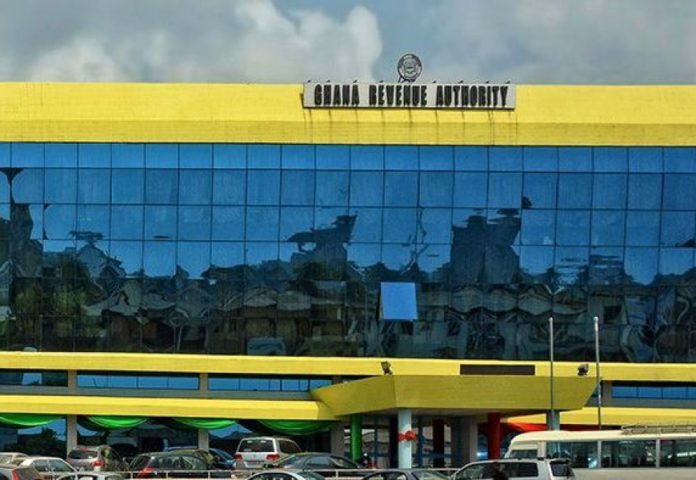Statutory revenue mobilisation body, the Ghana Revenue Authority (GRA), has described as ‘misleading’ media reportage of the GRA failing to meet its revenue target by 45 per cent.
According to the GRA, revenue figure comparisons and subsequent conclusions drawn by the media were based on ‘Stretched targets’ as against revenue performance and not actual budget figures.
GRA argues that the ‘Stretched targets’ which are slightly above actual budget figures are to motivate workers of the Customs Division to perform optimally, hence the comparison of revenue performance to ‘Stretched targets’ and not actual budget figures is wrong, as GRA’s performance assessment is based on actual budget figures.
Stretched targets for 2020, according to the GRA is some GH¢ 11.3 billion cedis of which 70 per cent is to be generated through the Tema Collection point alone.
The revenue mobilisation body, stating further, noted that this was not the first time there had been a shortfall in revenue target, attributing the shortfall in revenue target to the closure of the country’s borders and restrictions placed on the movement of persons resulting in a slowdown in port-related activities due to the Covid-19 pandemic since March.
MORE STORIES:
“In April, the Tema Collection had a target of GHS 779.44 million and collected GHS 483.16 million, a variance (revenue shortfall) of 38.01 per cent while in June the target was GHS 1,006.88 million and GHS 553.57 million was realised a variance of 45.02 per cent. This is however, not the first time within the year that a variance of about GHS 400 million has been recorded. As in March the variance was also about GHS 400 million,” a statement issued by GRA read.
GRA in the press statement also denied assertions by the media that the not-so-long-ago deployed Integrated Customs Management System was to blame for the variances in its revenue targets.

